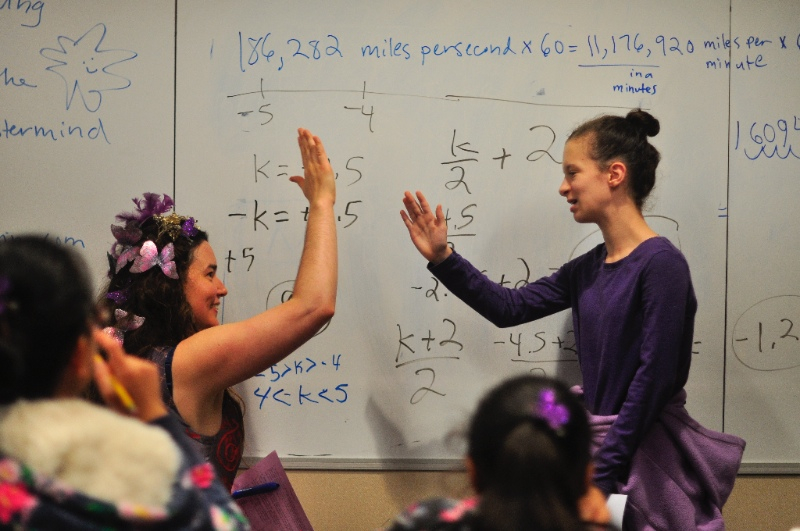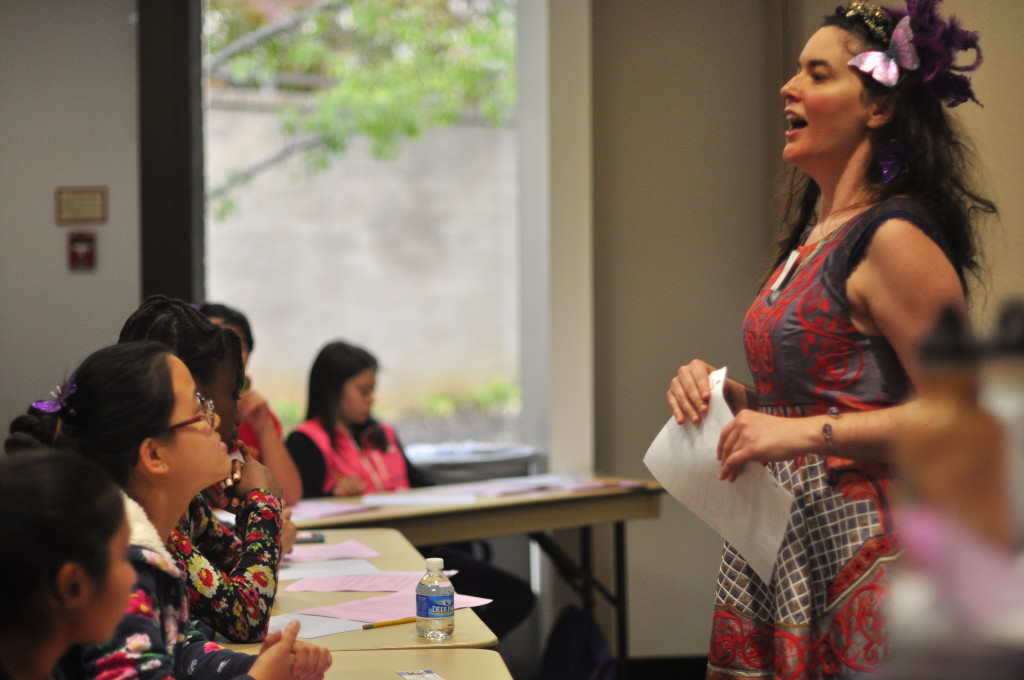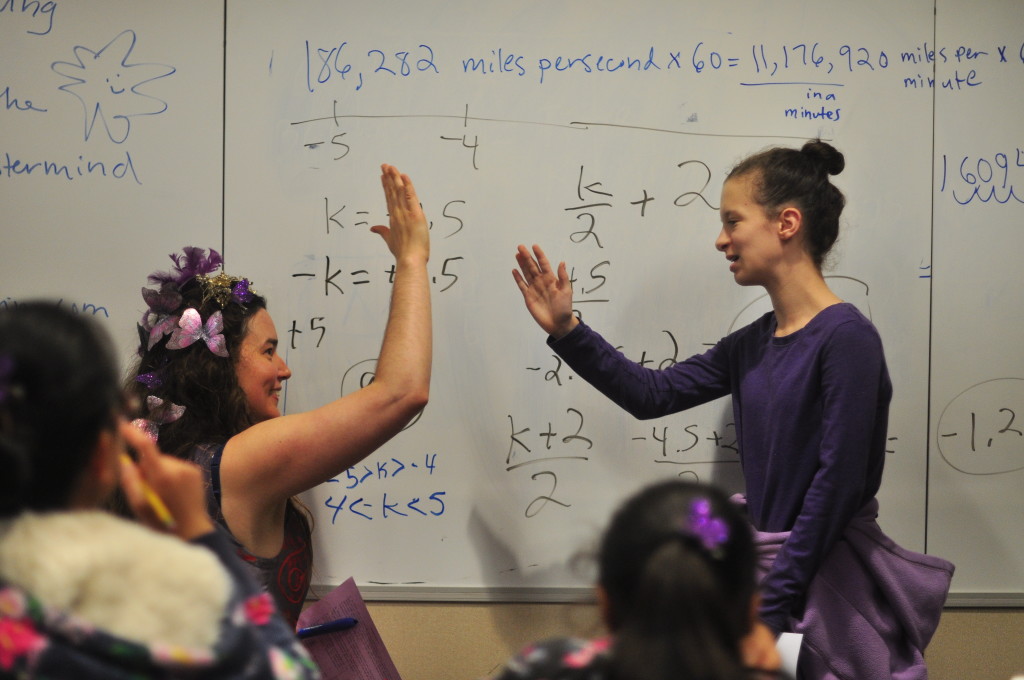Posts Tagged as "math anxiety"
How to Make Math Magical this Summer: Sat 6/3, 2-3 PM in Mamaroneck, NY
Thursday, May 11th, 2017I’m super excited to announce:
Making Math Magical, SUMMER EDITION:
How to use the summer to catch up or get ahead
(without burning out or going crazy)
for parents (of students 4th grade through high school)
While summer is the perfect time to catch up on math or get ahead, students typically lose 2.6 months of grade level learning in math each summer.
Many families, even those who enthusiastically embrace summer reading, feel overwhelmed or completely lost when it comes to getting started with doing summer math.
Come learn how you can use the summer so your child can catch up or get ahead with math without having it be a boring, stressful chore, but actually magical, meaningful, fun, and effective, so your child is competent and confident.
You will learn how to:
-create achievable and meaningful summer math goals
-find summer materials that really work for you
-plan, pace and schedule yourself and your child
-fun ways to learn math on the go or on vacation
-access the magic that comes from true math mastery
Everyone will leave with specific tools and strategies to take home and use immediately.
This talk is for: Parents of kids from 4th through 12th grade.
Talk title: Making Math Magical: SUMMER EDITION:
How to use the summer to catch up or get ahead
(without burning out or going crazy)
for parents (of students 4th grade through high school)
When: Saturday, 6/3
2-3 pm
Where: Mamaroneck Public Library
136 Prospect Ave,
Mamaroneck, NY 10543
Cost: Free!
Please spread the word – I’d love to see you there!
#summermath #summermathforparents #summermathplan #summermathstrategy
#makingmathmagical #mathforparents #mathworkshopforparents #makemathmagicalthissummer #Mamaroneck #NY #MathMastery #MathConfidence #MathAnxiety #parentalmathanxiety
Comment on this post














